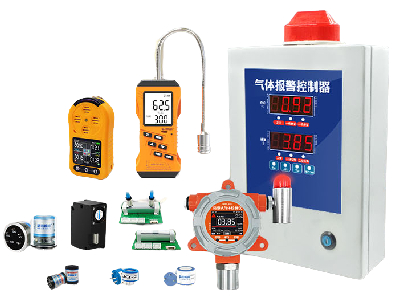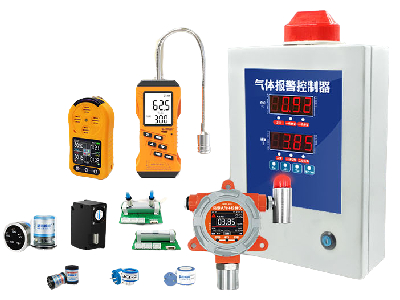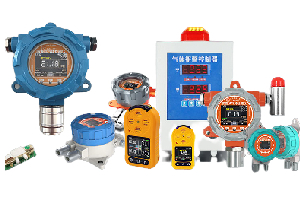
CO2 sensors: the crucial device to combat climate change
one of the most effective ways to combat climate change is by monitoring and regulating the amount of carbon dioxide (co2) in the air. this is where co2 sensors come into play.

one of the most effective ways to combat climate change is by monitoring and regulating the amount of carbon dioxide (co2) in the air. this is where co2 sensors come into play.
Climate change has been a hot topic of discussion for years, and with good reason. the effects of global warming are becoming more apparent as time passes, and it is essential that we take steps to mitigate its impact. one of the most effective ways to combat climate change is by monitoring and regulating the amount of carbon dioxide (co2) in the air. this is where co2 sensors come into play.

CO2 sensors are devices that measure the concentration of co2 in the air. they are used in a variety of industries, including building automation, agriculture, and automotive. they are also an important tool in combating climate change. by accurately measuring the amount of co2 in the air, we can better understand the levels of greenhouse gases in the atmosphere and take steps to reduce them.
Accurate measurement of co2 levels is crucial in understanding the impact of human activity on the environment. carbon dioxide is a greenhouse gas, which means it traps heat from the sun in the earth's atmosphere. this leads to global warming, which has numerous negative effects on the planet, including rising sea levels, increased frequency of extreme weather events, and loss of biodiversity.
to combat these effects, it is important to accurately monitor and regulate the amount of co2 in the air. co2 gas sensors play a critical role in this process by providing accurate measurements of the concentration of co2 in the atmosphere. this data can then be used to inform policies and regulations aimed at reducing greenhouse gas emissions.

As the importance of co2 sensors continues to grow, so too does the technology behind them. there have been significant advancements in co2 sensor technology over the past few years, making them more accurate and reliable than ever before.
one such advancement is the development of solid-state co2 sensors. unlike traditional electrochemical sensors, which can be unreliable and require frequent calibration, solid-state sensors are highly accurate and do not require calibration. they also have a longer lifespan than electrochemical sensors, making them a more cost-effective solution over the long term.
Another advancement in co2 sensor technology is the use of wireless communication. this allows for real-time monitoring of co2 levels, enabling quick identification of any potential issues or abnormalities. wireless co2 sensors are also more convenient and easier to install than their wired counterparts, making them an ideal solution for remote locations or hard-to-reach areas.
CO2 sensors are also being used to improve energy efficiency in buildings. by monitoring co2 levels, hvac systems can regulate the amount of fresh air intake needed to maintain healthy indoor air quality. this can lead to significant energy savings, as hvac systems do not need to work as hard to heat or cool the air.
in addition, some smart building systems are using co2 sensors to adjust lighting levels based on occupancy. this can lead to further energy savings, as lights are not left on in unoccupied areas.